When it comes to mastering the art of cooking, seasoning a wok is a skill that every kitchen professional needs to grasp. A well-seasoned wok enhances flavors, makes cooking more efficient, and prolongs the life of this essential kitchen tool.
In the culinary world, a wok is more than just a pan; its a powerhouse of flavor when used correctly. Specifically, the question why is it important to season a wok emerges as an essential consideration that cannot be overlooked by serious chefs.

Understanding the Basics of Wok Seasoning
Wok seasoning involves coating the cooking surface with oil to create a non-stick surface and prevent rust. This process is particularly crucial for carbon steel woks, which require seasoning to enhance their durability and cooking performance.
When cooking with a wok, you expose food to high temperatures, which can lead to sticking and burning if your wok is not seasoned. A seasoned wok not only provides a naturally non-stick surface but also contributes to the overall flavor profile of the food being prepared.
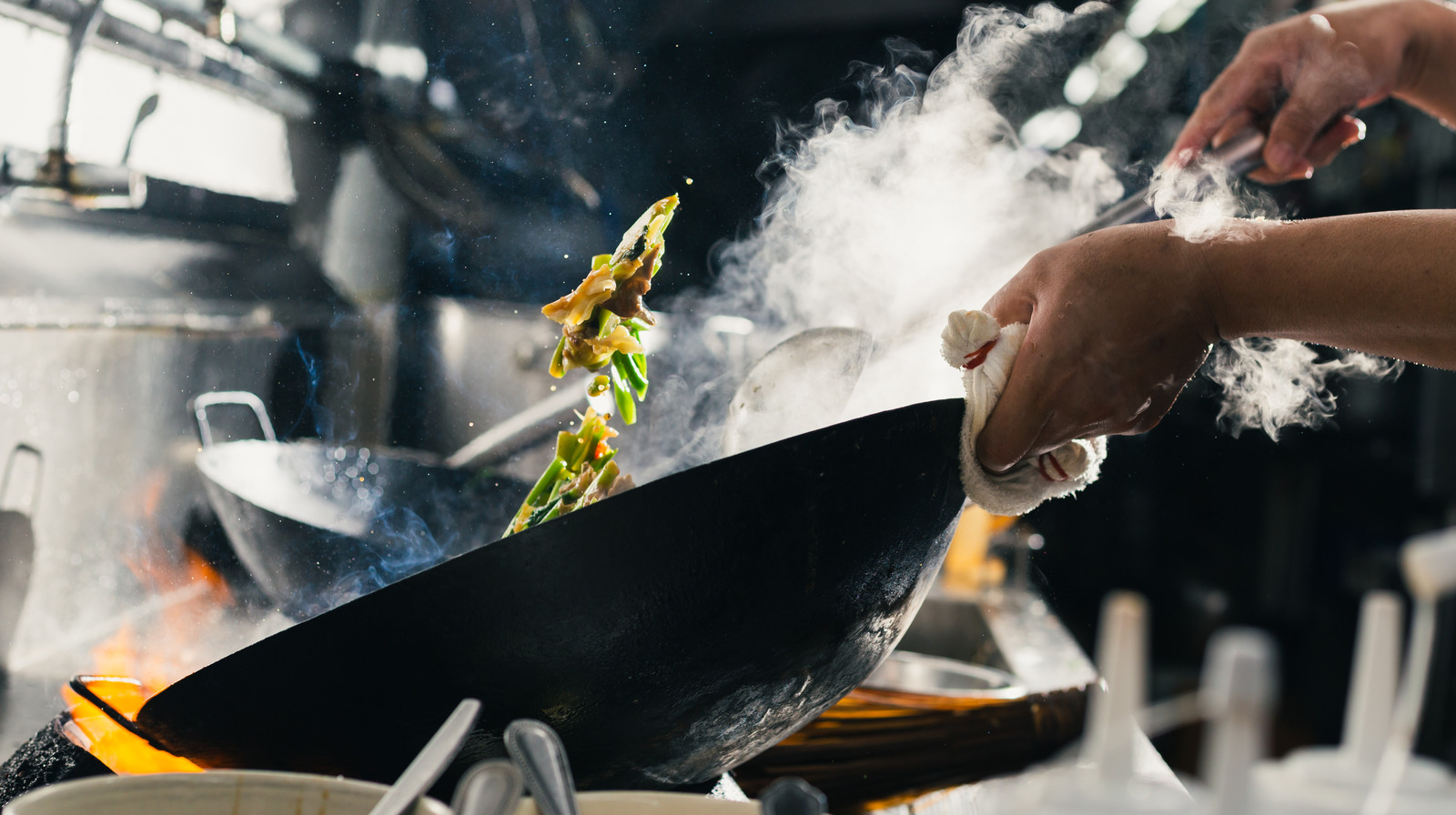
The Health Benefits of a Well-Seasoned Wok
Using a seasoned wok can also have health benefits. A non-stick surface reduces the need for excessive oils and fats, allowing for healthier cooking. Chefs can prepare flavorful dishes with less fat while still enjoying the rich, smoky flavors that a cast iron or carbon steel wok can provide.
Moreover, a properly seasoned wok can eliminate the possibility of chemical reactions that occur when cooking acidic foods. For example, foods like tomatoes and citrus can react adversely with unseasoned or poorly seasoned materials, potentially altering the taste and compromising health.
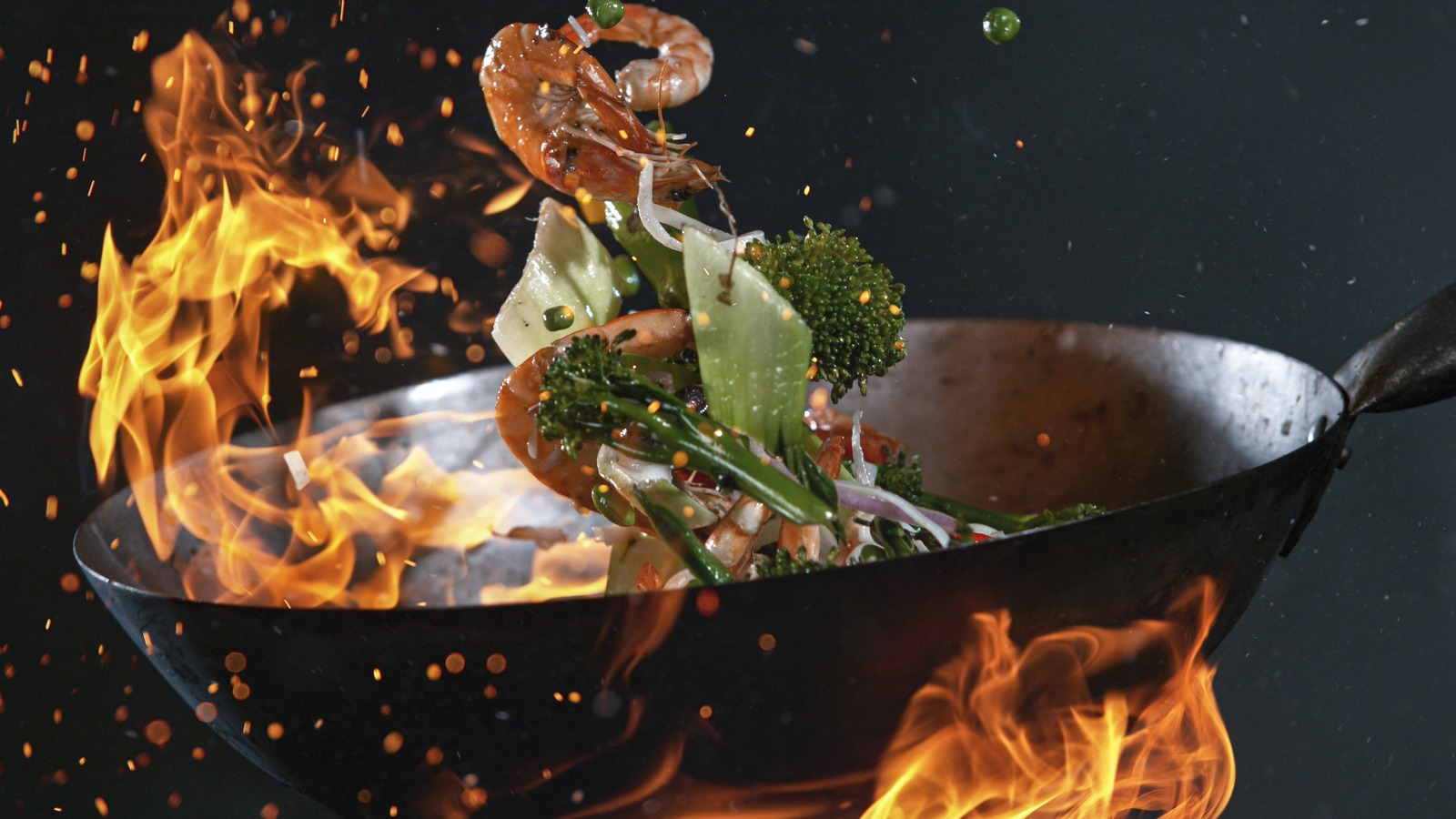
The Process of Seasoning a Wok
Understanding how to season a wok starts with knowing the right steps. Heres a concise overview:
- Clean the Wok: Start with a new or gently used carbon steel wok. Use hot water to scrub it, avoiding soap, and then dry thoroughly.
- Heat the Wok: Place the dry wok on high heat until it turns slightly discolored.
- Apply Oil: Add a splash of oil (preferably vegetable or flaxseed oil), and use a paper towel to spread it evenly. The oil should start to smoke slightly.
- Cool Down: Allow the wok to cool down. Repeat the process 2-3 times for a better seasoning layer.
This process might seem simple, but it is rich with nuance and requires understanding how your wok responds to heat and oil.

Common Mistakes When Seasoning a Wok
Kitchen professionals often make mistakes that can hinder the seasoning process:
- Using Soap: Many believe that any use of soap is standard cleaning practice. Soaps can strip the layers of seasoning.
- Not Drying Properly: Failing to dry completely can lead to rust.
- Infrequent Maintenance: Seasoning requires periodic re-coating, especially after intensive use.
Best Practices for Wok Maintenance
Maintaining a wok involves regular seasoning and proper cleaning techniques. Here are some best practices:
- Always clean with hot water and a soft sponge.
- Re-season every few months or as needed, depending on frequency of use.
- Store the wok in a dry place and consider using a thin layer of oil for protection.
Staying on top of these maintenance routines ensures longevity and superior cooking outcomes. You can read more about how to tell if wok is carbon steel to create a foundation for proper care.
The Impact on Your Cooking Techniques
How does seasoning alter your cooking techniques? When a wok is well-seasoned, high-heat cooking methods such as stir-frying and searing become far more effective. The seasoned surface allows food to cook evenly and minimizes sticking, creating optimal texture and flavor.
Additionally, a seasoned wok can handle the fast-tempo movements of professional chefs. This can save crucial time during high-pressure cooking situations, allowing for seamless transitions between dishes.
Frequently Asked Questions
1. How often should I season my wok?
It depends on usage; typically, every few months or whenever food starts to stick can be a good practice.
2. Can I use any type of oil for seasoning?
While many oils work, vegetable oil and flaxseed oil are preferred due to their high smoke points.
3. What are the signs that my wok needs re-seasoning?
Signs include food sticking, discoloration, or rust on the surface of the wok.
Conclusion
In conclusion, knowing why it is important to season a wok is crucial for any kitchen professional. Seasoning not only enhances the flavor of dishes but also creates a solid foundation for effective and enjoyable cooking. Invest the time into properly seasoning your wok, and it will reward you with stunning culinary excellence for years to come.
If youre interested in further improving your wok cooking skills, consider checking out more of our resources on choosing and using a wok.
As an Amazon Associate, I earn from qualifying purchases.

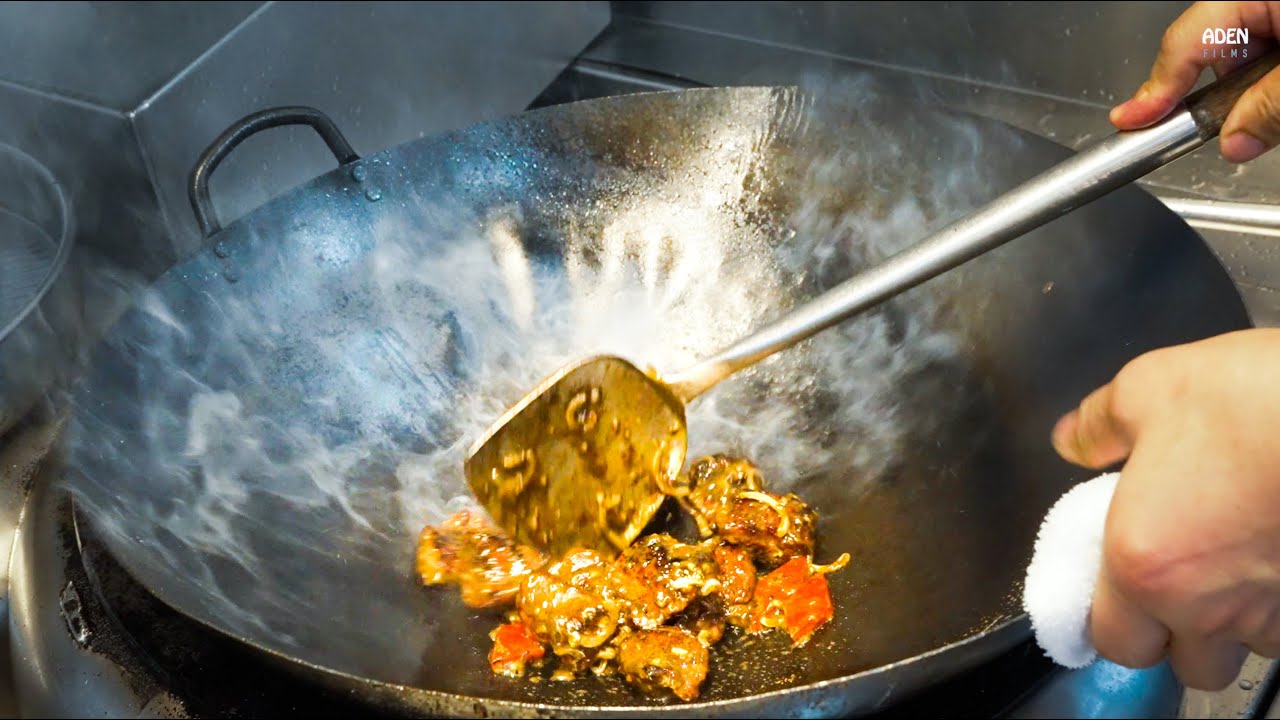


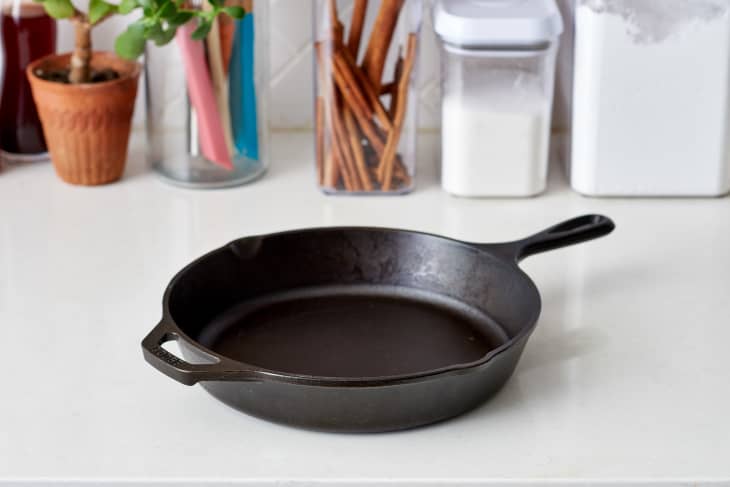
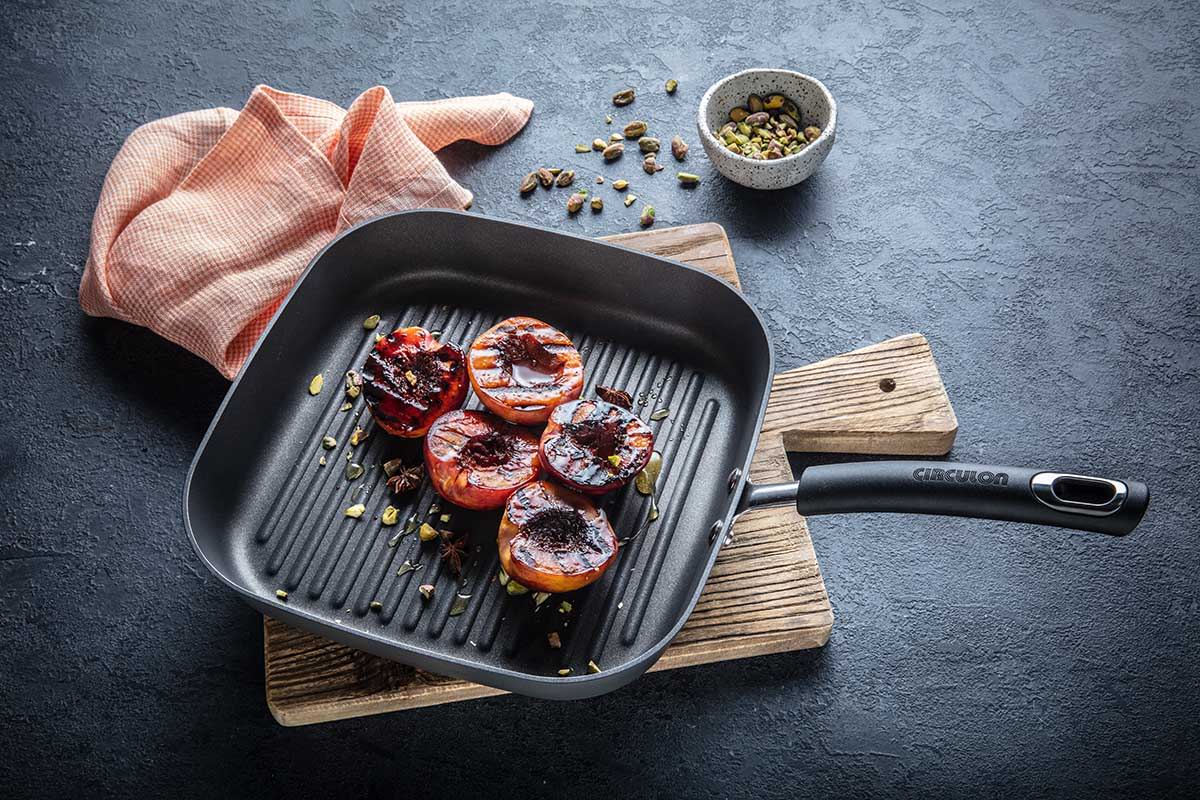
Leave a comment
This site is protected by hCaptcha and the hCaptcha Privacy Policy and Terms of Service apply.